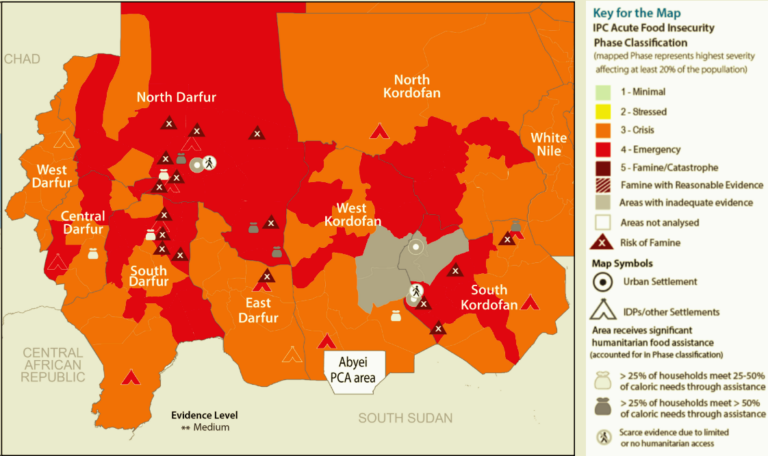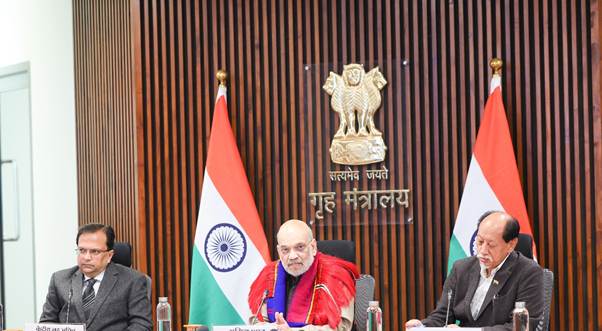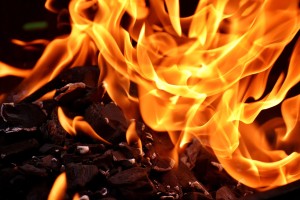
Lens with a heart
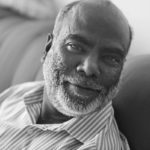 –By Sudharak Olwe*
–By Sudharak Olwe*
Tillai gaun (Sasaram) – Manual scavengers basti burnt
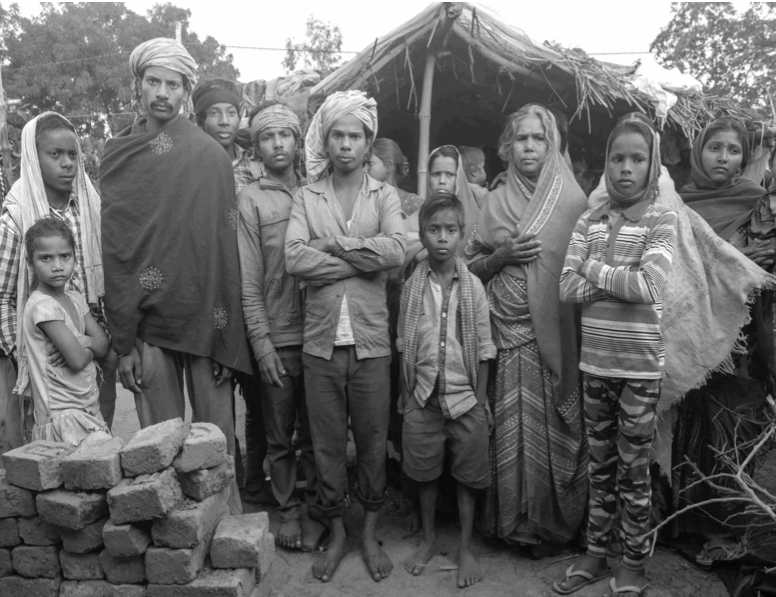
On April 17, 2018, the Dom community residing on the outskirts of the Thillai gaon in Hathni Block lost about 9 to 10 houses and most of their cattle – mainly pigs and buffaloes – in a fire around 4pm. The cause of the blaze is yet unknown. While some think it was an accidental fire, some think otherwise. There have been recent instances of children from upper caste community in schools fighting with the Dom children because they think that ‘they don’t deserve to be in school’. Although there seemed to be no apparent rivalry, there have been clashes of the parents as well who have caused trouble.
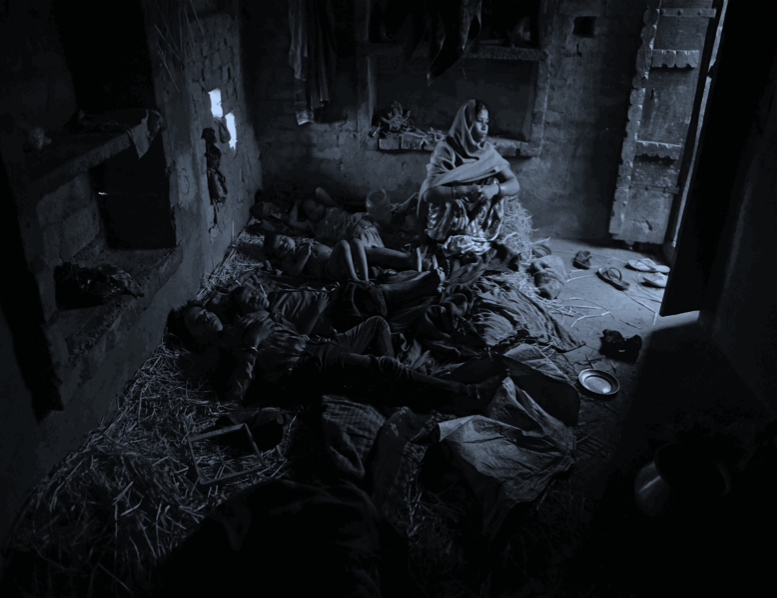
One can still see the discoloured damaged walls of the houses, mud and a few semi pucca houses soaked in abject poverty where they have a layer of hay spread across for a bed and bare minimum clothing to wear and utensils to cook, partially burnt buffalo resting near the road, malnourished children, ailing elderly and men and women hoping that we could give them some job or alternative income. The community is gradually rebuilding their lost homes and trying to live a life that is subjected to humiliation, deprivation and struggle on a daily basis.
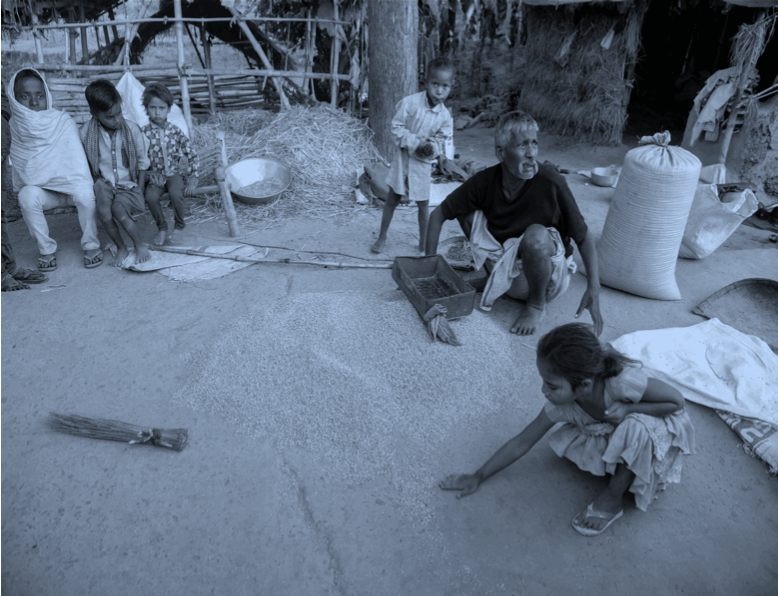
A teary-eyed Hariman Dom further explained how huge blaze from one end to the other killed most of their pigs and destroyed homes. The 60-year-old’s mud house was the one which was completely burnt. He had to build the house from scratch. He leg had developed a serious infection on his leg because of the manual scavenging he has been doing for 30 years. “I had also saved Rs 50,000 for my operation and had kept it in a small compartment on the roof. That, too, got burnt into ashes,” he said with a lump in his throat.
Also see:
The fire even destroyed all their identification documents, including ration cards, Aadhaar cards, etc. which made it difficult for them to avail the ration facilities. The community further claims that they have received no compensation despite a survey which was conducted a couple of months ago.
Almost all the men of Dom community here work alternatively as manual scavengers or sanitation workers at Sasaram or any place where they could get work. While the women look after the house and children.
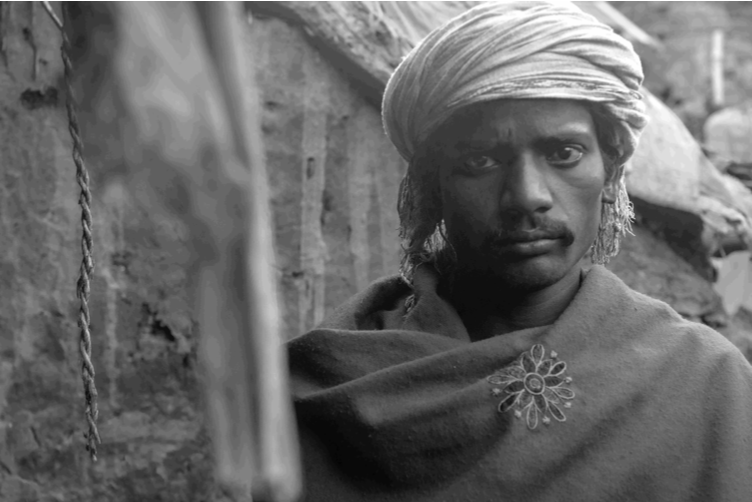
A 23-year-old Sukhadee Dom, along with the other men, usually walks 4 kms back and forth to a site in Sasaram Market around 7am daily where they are picked up for manual labour, cleaning of septic tanks or roads, etc. They work the whole day and return home at 8pm. They get paid Rs 200-300 per day. When asked about the cleaning of septic tanks, Sukhadee described, “Just yesterday we, 5-6 of us, cleaned a septic tank in Sasaram. There are several instances when we fall unconscious as we the open the lid of the tanks. We then sit aside for a while and then start working again.” Explaining further about the tools they use, Sukhadee says, “They (the employers) give us dirty tins and buckets. We don’t get any gloves or any other gear.”
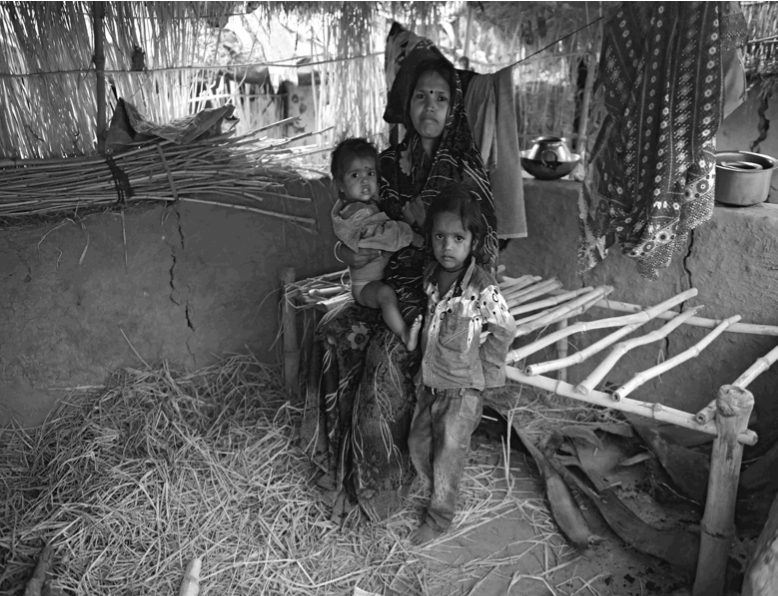
Rajwanti Dom had gone to bring medicines for her children only to return to a burning house. The roof was charred and so were all the family’s belongings and cattle. Thankfully her children escaped any injuries as they were playing outside. “We are struggling to survive ever since. A few authorities took down our names and details in the survey and assured us money, but nothing has happened since then,” Rajwanti said with an extremely painful voice.
“In addition to that, we face discrimination on a daily basis. Especially our children. It’s hard to think how it would affect their psychology when they are exposed to such discrimination from this tender age,” Rajwanti says.
Although the cause of fire which gutted most of their houses and cattle is not known, for a community, which has faced injustice, negligence, and discrimination historically, there may be a possibility that the fire was a purposeful act. How- ever, given the lack of evidence and lack of will from the authorities to correct the damage, it is quite evident that there is still a long way to go for this community to get back on its feet.
*Sudharak Olwe is an Indian Social Documentary Photographer. In 2016, he was conferred the Padma Shri, India’s 4th Highest Civilian Award by the President of India, in recognition of his valuable and tireless work.




